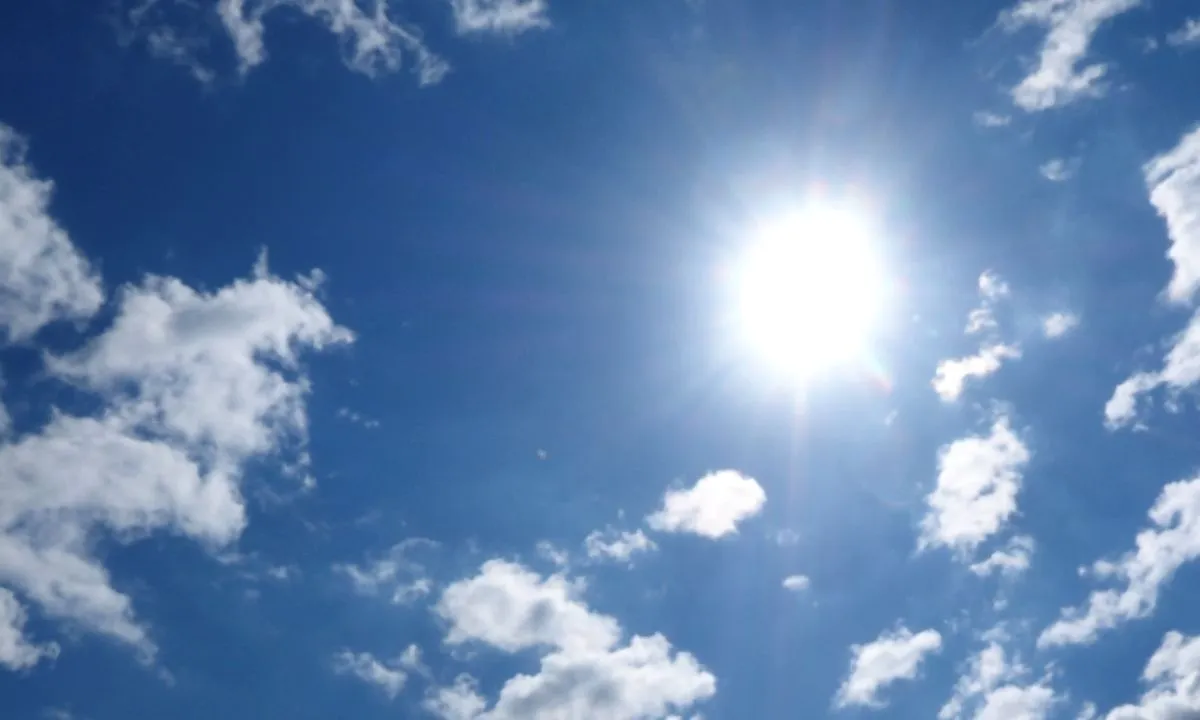This week, Brazil faced an extreme heat wave, leading to a record in energy usage.
On Tuesday, the National System Operator (ONS) reported that the country’s energy demand reached 101.5 gigawatts (GW).
This is slightly higher, by 0.5%, than the previous record set on Monday.
Currently, Brazil is experiencing unusually high temperatures. These temperatures are about 5 degrees Celsius above the normal for this time of year.
In some areas of Rio de Janeiro, the heat index soared to 58 degrees Celsius in the southeast.
In over 43 cities, temperatures climbed above 40 degrees. The heat wave is affecting about 116 million people across 2,707 cities in Brazil.
The National Institute of Meteorology provided these figures, as mentioned in “Folha de Sao Paulo” newspaper.
According to the ONS, energy demand has risen by 16.8% since the start of November. This increase is partly due to the El Niño phenomenon.

El Niño has warmed the Atlantic Ocean’s waters and reduced humidity in large parts of the country. São Paulo, South America’s largest city, is among those experiencing record heat.
The majority of Brazil’s energy demand was met by hydroelectric plants, which contributed 59.8%.
The remaining energy came from thermal power plants (11.5%), wind energy (9.5%), centralized solar energy farms (8.4%), and residential solar energy (11.2%).
Background
The recent surge in Brazil’s energy demand due to the heat wave highlights the country’s growing need for sustainable energy solutions.
This demand is a seasonal anomaly and a sign of broader climate changes.
Brazil, historically reliant on hydroelectric power, faces challenges as climate variability affects water levels.
Comparatively, other countries facing similar heat waves have diversified their energy portfolios.
For instance, European countries have increasingly invested in renewable energy sources like wind and solar.
This strategy helps mitigate the impact of fluctuating weather conditions on energy supply.
Brazil’s situation calls for a similar approach. Investing in renewable energy addresses immediate needs and aligns with global sustainability goals.
The current crisis can be a turning point for Brazil to innovate in its energy sector.

